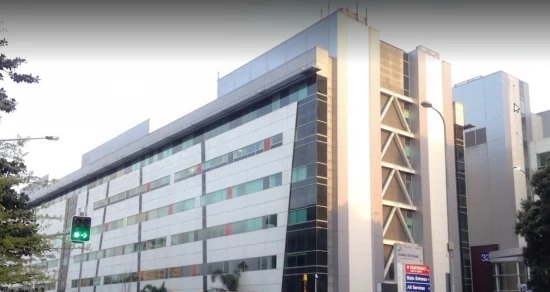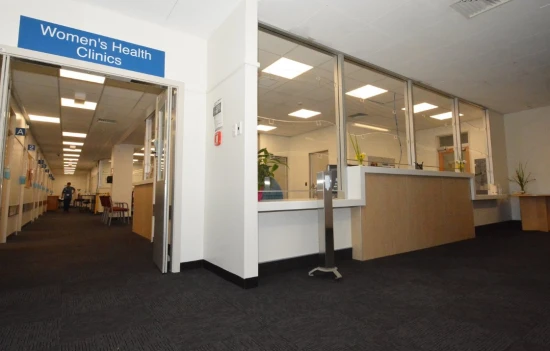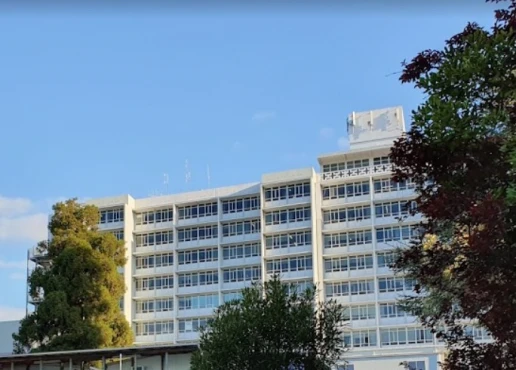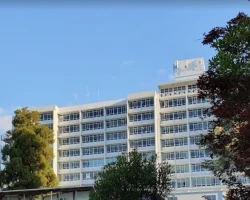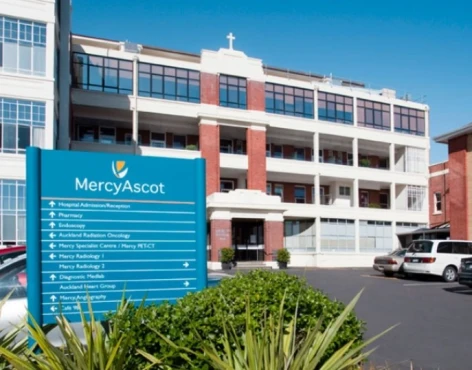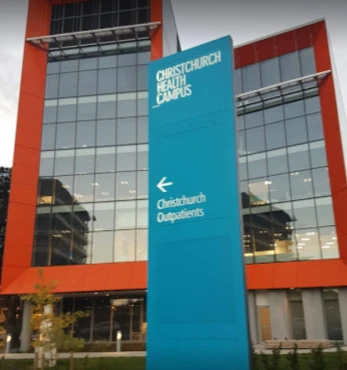Ventricular assist device (LVAD, RVAD, BVAD) implantation in 4 Cardiac surgery clinics in New Zealand
4 clinics specializing in Cardiac surgery providing
Ventricular assist device (LVAD, RVAD, BVAD) implantation
Ventricular assist device implantation is a surgical procedure that involves implanting a mechanical pump device into the heart to help it pump blood to the body. LVAD assists the left ventricle, RVAD assists the right ventricle, and BVAD assists both ventricles.
Read more...
procedure in New Zealand.



1 nearby similar clinic in New Zealand
Perhaps you should consider 1 more clinic we have found nearby basing on your Location, Procedure filters applied.
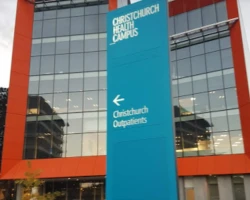
Procedure price distribution in New Zealand
Ventricular assist device (LVAD, RVAD, BVAD) implantation:
For the certain case all the prices for Ventricular assist device (LVAD, RVAD, BVAD) implantation are "by request" only.
Procedure prices in popular countries:
Ventricular assist device (LVAD, RVAD, BVAD) implantation:
Countries with the highest number of clinics offering the procedures treatment:
Ventricular assist device (LVAD, RVAD, BVAD) implantation:
Clinics grouping by rating
Clinic with the highest rating of 4 — MercyAscot Epsom, Mercy Hospital in Auckland, New Zealand, clinic with the most reviews number of 558 — Auckland City Hospital in Auckland, New Zealand.
With rating 4.0 and over — 1 clinic .


